Qui tam is a legal concept that empowers individuals to act as whistleblowers in cases involving fraudulent activities against the government. In 2021, the Justice Department reported taking in over $5.6 billion from qui tam settlements and judgments.
Derived from a Latin phrase meaning “he who sues for the king as well as for himself,” the power of qui tam is significant in uncovering wrongdoing while offering incentives for those who step forward.
How qui tam claims works
Private citizens bringing a qui tam action are relators. The action occurs when the relator suspects another individual is defrauding government programs or funds. The relator can bring the case because he or she has insider knowledge or evidence of the fraud.
A significant aspect of qui tam is that the government has the option to intervene in the lawsuit brought forth by the relator. If the government chooses to intervene, it takes an active role in prosecuting the case. If not, the relator can continue with the lawsuit independently. This duality ensures that cases proceed efficiently, even if the government is unable to dedicate resources to every action.
The purpose of qui tam
Qui tam serves as a means to expose fraudulent activities that might otherwise go unnoticed. Government programs, such as those related to healthcare, defense contracts or financial regulations, can be vulnerable to exploitation. Qui tam empowers those with inside information to shed light on these illicit actions, effectively functioning as a check against deceit.
The process also incentivizes the relator by offering potential financial rewards. If the lawsuit is successful and the government recovers funds lost due to fraud, the relator may get a portion of the recovered amount. This reward encourages individuals to come forward with valuable information, fostering accountability and acting as a deterrent to fraudulent behavior.
Qui tam serves as a powerful tool in upholding integrity and accountability within government programs and expenditures. By enabling ordinary citizens to play a pivotal role in exposing fraudulent actions, this mechanism bolsters transparency and safeguards public funds.

